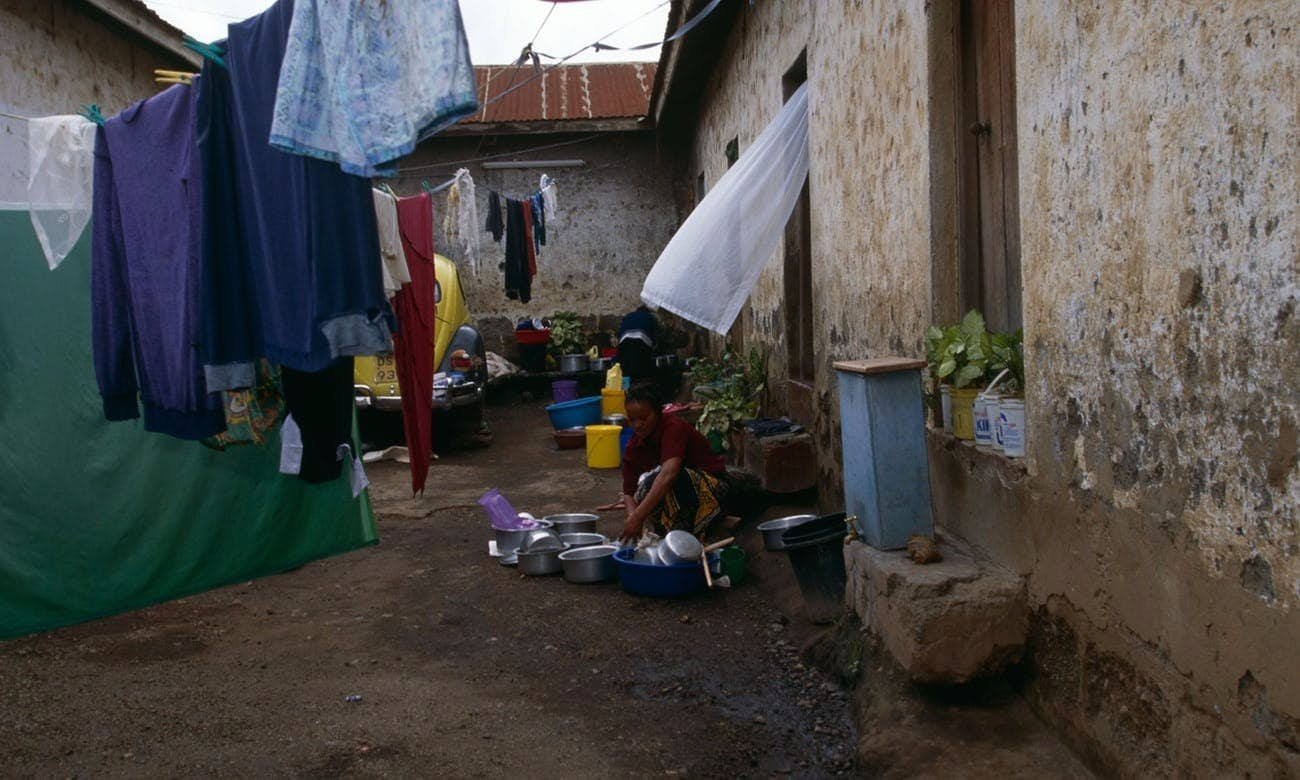For months, Rose was forced to work from sunrise to sunset, never paid and beaten for the smallest infraction. Now, in a shelter for trafficking victims, hidden away down a backstreet on the outskirts of Zanzibar City, the 13-year old is shaking as she recounts what it was like being a child domestic worker for a wealthy family.
What she remembers most vividly is the fetid smell of the tiny outdoor latrine in which she was locked for more than 11 hours.
“I was washing the dishes, but it got too dark to finish so I went to sleep,” she says. “Then in the morning, I was woken up very early and beaten. They locked me in the toilet from 5am until 4pm and then my employer threw me out of the house.”
Life for child domestic workers in Tanzania is a game of chance. The most recent Tanzania national child labour survey estimates that 110,911 girls are in domestic service. Those lucky enough to be placed with decent families could get an education, a job in the city and the chance to help support their kin. But for many it is the start of a life of exploitation, fear and isolation. According to the US state department, the trafficking of girls into domestic servitude is Tanzania’s biggest human trafficking problem.
Read the full article here.
